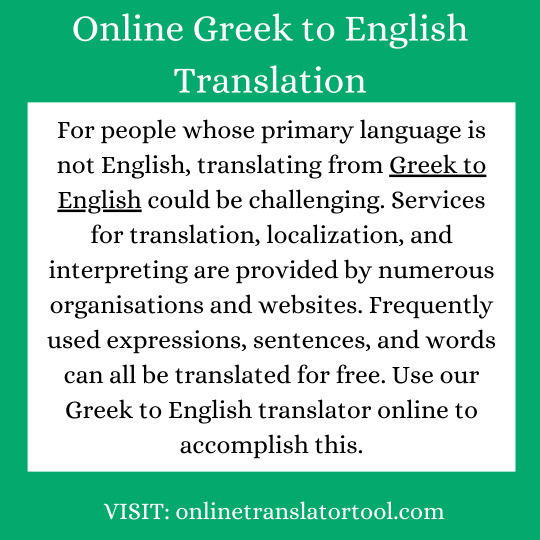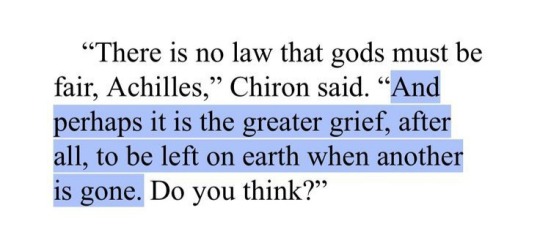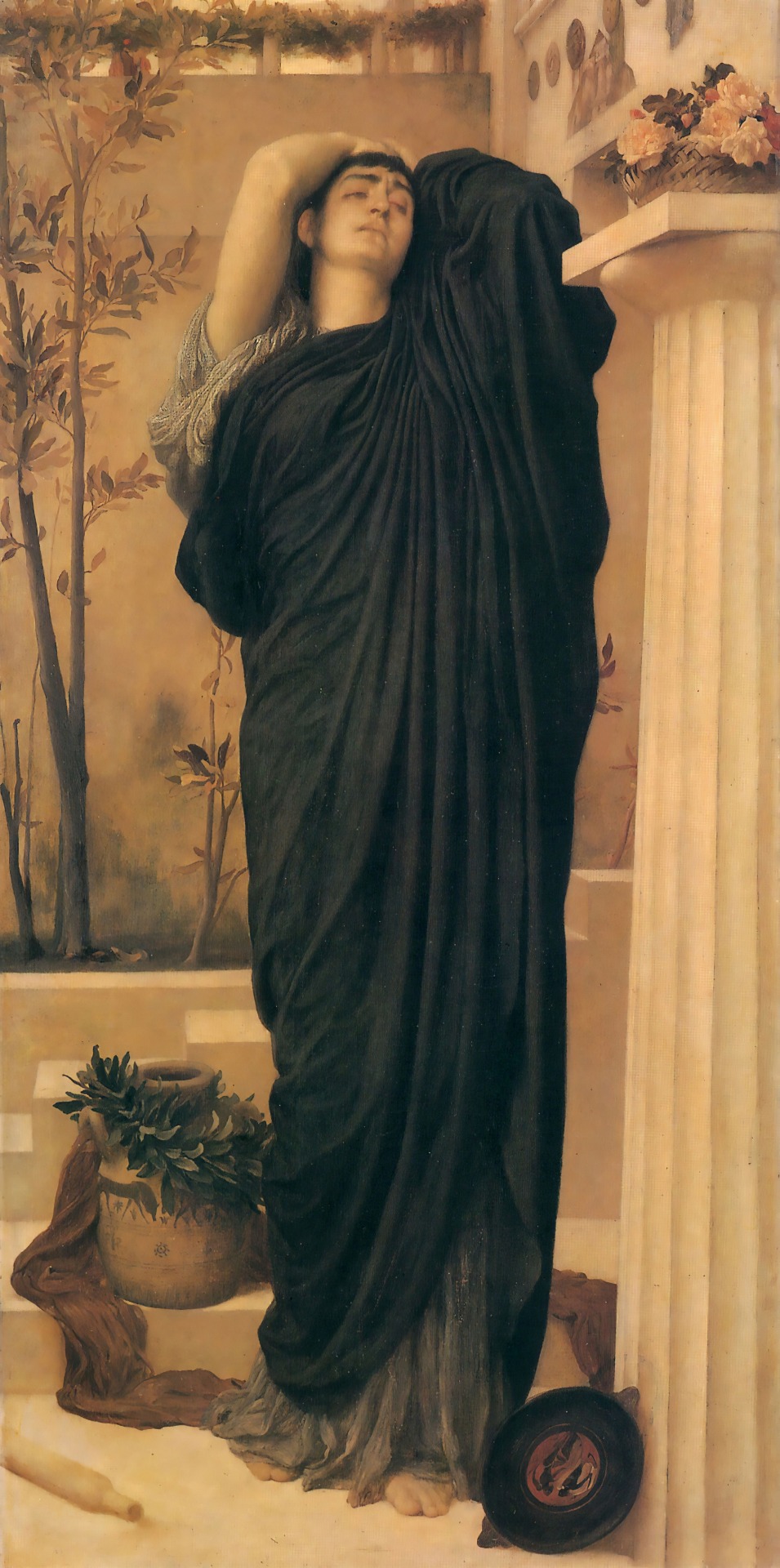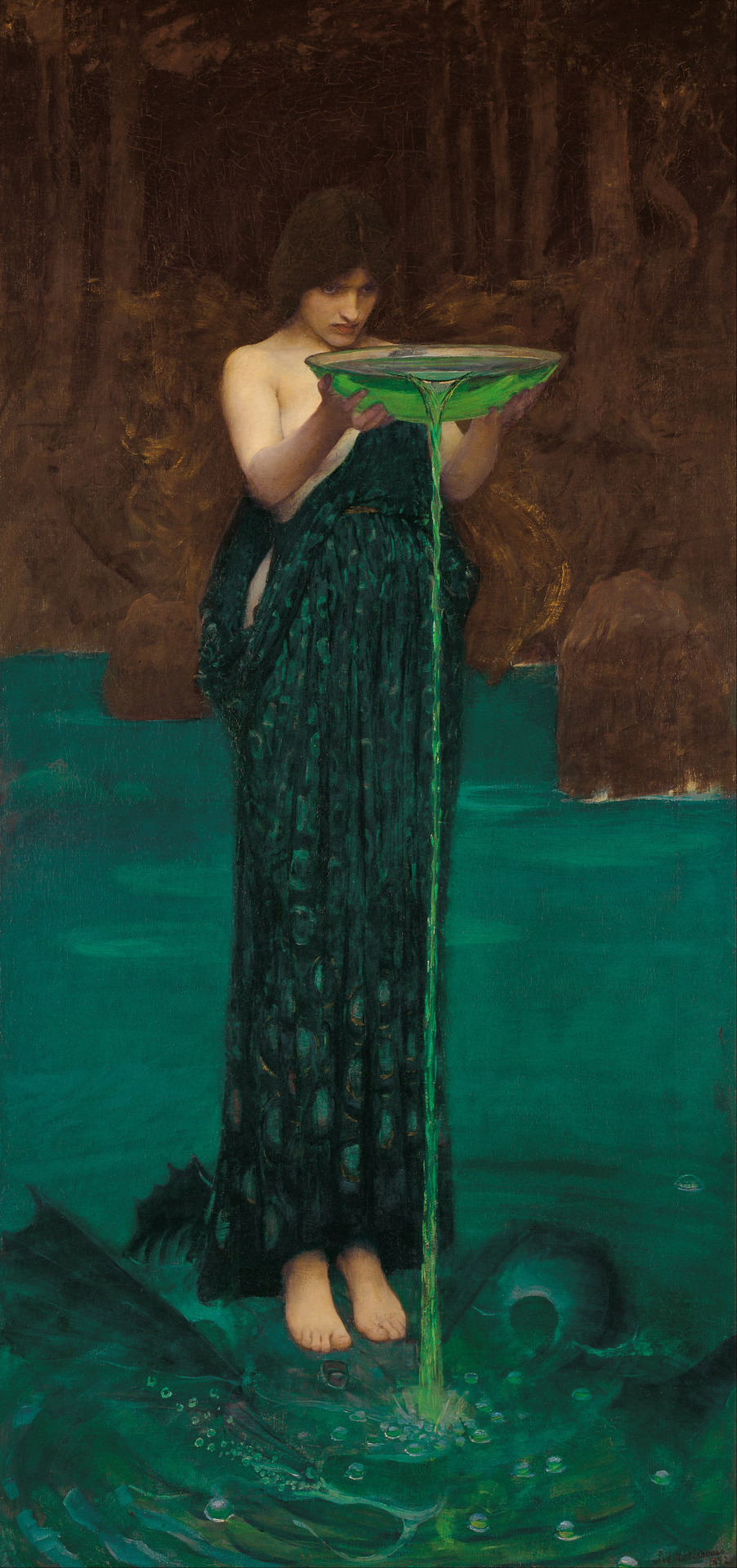#greek to english
Text
FOR MORE CONTEXT: I’m brainstorming a dragon character that I want to name something along the lines of : “He/She/One Who Wails/Shrieks/Cries” but in an anglicised spelling of Ancient (specifically Homeric but I can’t afford to be too picky) Greek. Since I have NO experience with Ancient Greek, I’ve consulted some online sources and this is what I’ve come up with, BUT I would love to hear other ppl’s thoughts/suggestions so feel free to DM or comment or even drop it in the tags !!!!! I know there’s some fellow scholars on here that would love a lil for fun task to do 👀
And yes, this is for a Merlin fanfic, and this dragon would be the red dragon I’ve talked about in previous posts, so if associations with the Red Dragon/Welsh Dragon are helpful, or even just knowing it should suit fellow dragon names of Kilgarrah and Aithusa, then there you go!
#ancient greece#ancient greek#greek language#greek langblr#classics#academics I am begging#greek to English#translation#translator#greek#greek tumblr#yes this is for a Merlin fanfic shhhh#aithusa my beloved#translation help#beta request#honestly co-writer request#merlin bbc#dragon oc#kilgarrah#aithusa
1 note
·
View note
Text

Ajax and Cassandra by Solomon Joseph Solomon (1886)
#solomon joseph solomon#art#paintings#fine art#19th century#19th century art#academism#academicism#academic art#painting#english artist#british artist#mythology#greek mythology#trojan war#ajax the lesser#cassandra#greek heroes#classic art
14K notes
·
View notes
Text
so if you didn’t know, last week rishi sunak was due to meet the greek prime minister to discuss — amongst other things — the parthenon sculptures that we've been hoarding in the british museum for a couple of centuries. rishi cancelled last minute for no good reason and one greek newspaper came up with a great response:

#well when i say ‘for no good reason’ i mean that he (sunak) gave no good reason#to the greek pm#i like that they wrote it in english too so that rishi sunak could understand#rishi sunak#politics#greece#admin dominique
2K notes
·
View notes
Text

For people whose primary language is not English, translating from Greek to English could be challenging. Services for translation, localization, and interpreting are provided by numerous organisations and websites. Frequently used expressions, sentences, and words can all be translated for free. Use our Greek to English translator online to accomplish this.
0 notes
Text
Yes, there is a place…where someone loves you both before…and after they learn what you are.
~ Neil Hilborn, "Lake", The Future
#dark academia#dark academia aesthetic#classic literature#light academia aesthetic#english literature#virginia woolf#literature#librarylife#letters#lit#light academia#books and libraries#academia aesthetic#dark academia vibes#classic academia#greek goddess
5K notes
·
View notes
Text

John William Waterhouse (1849-1917)
"Jason and Medea" (1907)
Oil on canvas
Pre-Raphaelite
Currently in a private collection
#paintings#art#artwork#mythological painting#greek mythology#john william waterhouse#oil on canvas#fine art#pre raphaelite#pre raphaelism#private collection#english artist#british artist#jason and medea#medea#costume#costumes#couple#early 1900s#early 20th century#revenge
807 notes
·
View notes
Text

— The Song of Achilles by Madeline Miller
#the song of achilles#song of achilles#madeline miller#greek gods#greek myth retellings#greek mythology#dark academia#dark academia aesthetic#chaotic academia#classic academia#classic academia aesthetic#light academia#dark academia quotes#light academia quotes#literaure#english literature#quotes#booksbooksbooks#achilles and patroclus#patroclus#achilles#trojan war#greek retelling#book excerpt#book quotes#books and novels
3K notes
·
View notes
Text









𝕳𝖊𝖓𝖗𝖞 𝖂𝖎𝖓𝖙𝖊𝖗
#academia#chaotic academia#classic academia#dark academia#literature#aesthetic#english literature#uni#college#lit#henry winter#Henry winter aesthetic#donna tartt#the secret history aesthetic#the secret history#academic weapon#dark acamedia#dark acadamia aesthetic#light academia#academia aesthetic#academics#chaotic academic aesthetic#romantic academia#choas#greek and latin#beauty is terror#latin quotes#latin#latin language#coffee and ciggaretes
750 notes
·
View notes
Text
Option 1: apollo has a greek accent
Option 2: Apollo as a god can speak any language, and as the god of music can perfectly replicate any sound. Therefore he can speak any language in a number of native accents.
Option 3: apollo puts on a greek accent
#i did the science its 3#trials of apollo#toa apollo#lester papadopoulos#greek accent lester you're real to me#it makes no sense it's just fun#i kNOW#i know it doesnt make sense for him to speak English with a Greek accent#but its Fun
824 notes
·
View notes
Text

Electra At The Tomb Of Agamemnon, 1868-1869
Frederic Leighton
#Frederic Leighton#english art#art#painting#art history#1860s#mythology#greek mythology#Electra#Agamemnon#trojan war
447 notes
·
View notes
Text

Circe Invidiosa by John William Waterhouse (1892)
#john william waterhouse#art#paintings#fine art#19th century#19th century art#romanticism#pre raphaelite#pre raphaelite brotherhood#painting#english artist#british artist#mythology#greek mythology#circe#scylla#sorceress#classic art
13K notes
·
View notes
Photo

Henrietta Rae (English-British, 1859-1928)
Psyche before the Throne of Venus, 1894
#Henrietta Rae#english art#english#british art#british#art#fine art#greek mythology#mediterranean#cradle of civilization#women in art#women
3K notes
·
View notes
Text
Did you guys know that Admetus' son Eumelus was fighting in the Trojan war?
Alcestis: I worry about Eumelus, it's been 10 years. I fear we will never see him again.
Admetus: Don't worry dear, I'm sure Apollo is watching over him, like he always watched over our family.
Meanwhile in Troy
Apollo: *kills dozens of Greeks with the plague. Constantly protects Hector and makes sure he can kill as many Greeks as humanly possible. Helps Trojan princes kill Greeks' best warriors*
Eumelus after seeing all of this: mom come pick me up I'm scared
But all jokes aside
Can you imagine Eumelus coming back home and seeing Apollo visiting his parents?
He sees Apollo being loving and kind to Admetus, he sees Apollo being gentle and friendly with Alcestis. He saw that his entire childhood, he saw the god of music, knowledge, light and poetry.
But now, after the war, Eumelus can't help but only see the god of plagues, the destroyer of men. He can't forget the horrible smell of disease and rotting human flesh, he can't forget what happend in Troy.
Obviously, it's not only one sided. Eumelus was fighting in this war, he helped destroy the city, he does have blood on his hands. And that could make him even more terrified of Apollo. Because he helped destroy the city that was under Apollo's protection.
What if one of the man he killed had Apollo's favour like Hector did? What if the only thing standing between him and Apollo's rage are his parents? What if Apollo is waiting for them to pass away to punish Eumelus? He can be patient, he's a god after all, he have all the time in the world. What if Pherae (their polis) will lose Apollo's favour with Admetus' death? What if Apollo will send a plague upon them as soon as Eumelus takes his father's throne? He can't stop thinking about all of this every time he sees Apollo.
I also like to think that Apollo did protect Eumelus despite being on the other side of the war. After all, Eumelus didn't die during the plage. He didn't die in the last battle despite being on the front line, inside of the Trojan horse. He made it home while most of the Greeks didn't.
He had and still have Apollo's favour, he just can't see it through his fear.
#Or at least I think he made it home#there is so little information about him it's hard to tell#But I didn't find anything about his death and from what I've seen was the king after Admetus so I guess he came back#I would be writing fanfiction if my English didn't suck so much#apollo#eumelus#trojan war#admetus#alcestis#tagamemnon#greek myths#greek gods#greek mythology#epic cycle
375 notes
·
View notes
Text


the best thing about studying english is that i get to read novels and call it work
#light academia#romantic academia#dark academia vibes#dark acadamia aesthetic#english literature#fairy aesthetic#grey academia#nature#sunset#dark academia#novel#medea#greek mythology#study aesthetic#study abroad#student#study blog#study motivation#studyblr#my pics#my post#sydney
176 notes
·
View notes
Text
I was today years old when I realised (thankfully on my own) that the English noun moron (meaning “idiot”) comes from the Greek adjective μωρός (morós), meaning “foolish”.
The word, which is used since ancient times, has evolved to have several additional usages besides that one.
The feminine version μωρή (morí) has become a generic vocative word which expresses disrespect and is not necessarily questioning the addressed woman’s intelligence in specific.
The masculine vocative form μωρέ (moré) has become a very generic exclamative term that can add colour to a phrase regardless of meaning. For example, τι λες μωρέ; (ti les moré - what the heck/ on earth are you saying, could work in a similar way to express bafflement at hearing something strange) but also μωρέ είμαι κουρασμένος (moré íme kurazménos - well, you see, I am tired, can be used in a similar way to soften the phrase that implies avoidance, like softening the rejection of a proposal to go out). It can regulate the exclamation in a sentence in a myriad of such ways.
But an even more interesting case is the neuter form of the word, which has turned into a noun, and is now the most common everyday word for the baby [το μωρό(ν) - to moró(n)], because a baby of course does not have well developed perception yet.
In other words, we earnestly call our babies morons by default and I think that’s beautiful.
#Greece#Greek language#English#English language#Greek#languages#etymology#langblr#linguistics#language stuff#greek word of the day#Greek facts#funny#random
214 notes
·
View notes